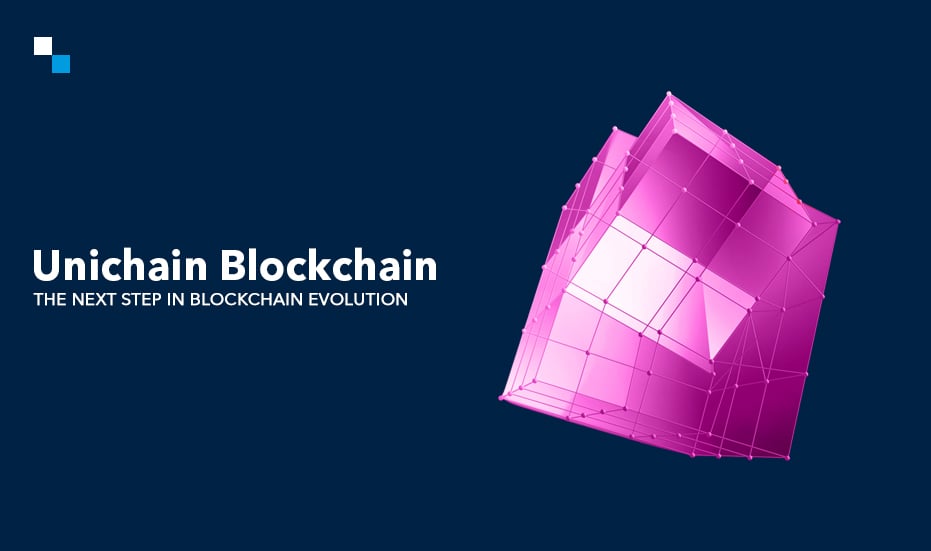
Cryptocurrency Exchange: Understanding Stop Order and Limit Order
November 20, 2019
Salient Features of Multi Crypto Wallet That Can Help South Korean Businesses to Thrive
November 21, 2019The wave of digitization is disrupting the traditional identity systems. It is affecting almost every aspect of human life. From purchasing tickets to the execution of financial transactions, we are witnessing the digital revolution.
One of the FinTech blockchain solutions which is disrupting the digital identity ecosystem is blockchain-based KYC. Blockchain KYC solution offers truly secure and instantaneous verification of the identity. Blockchain is immutable, which means that once the data has been inserted into the blockchain, it cannot be forged, thus enabling access to tamper-free user information.
Problem Statement in Identity System
Nowadays cybercrimes have become an alarming situation. Increased social media and financial services crimes have led to identity theft. According to a report published by the New York Times, in 2016, 1 billion Yahoo users’ accounts were hacked. Further in CNN reporting of 2016, approximately 117 million LinkedIn accounts were sold by hackers, leading to the hampering of professional networks. Additionally, the theft of card details has become common.
Another problem is that the traditional KYC process is time-consuming. It takes up to 32 days to complete a KYC check. Moreover, the cost involved in the conventional KYC process is also high.
A downfall has been witnessed in the traditional identity systems due to its shortcomings like vulnerability to attacks, ineffective costing system and long waiting times. The traditional systems are not able to provide a seamless transaction experience. Thus it has become imperative to deploy a modern and robust digital identity system to develop an accurate digital identity system of individuals, assets and companies.
Blockchain solutions for KYC
Blockchain-based KYC solutions are regarded as an ideal alternative to the traditional KYC process, preventing individuals from doing repetitive and redundant work. Many institutions and companies are working towards keeping a secure copy of all their KYC-compliant documents on a blockchain. Seamlessly, customers can update their personal data across their accounts through their digital signatures. This would mean that customers need not get their documents updated with all their associated institutions.
Furthermore, blockchain enables authentic recording of KYC documents of the users in a global network and continuous reconciliation of data is maintained in the network.
The pillars of a robust digital identity system
- Operationally effective: DLT system enables the transactions to complete conveniently and effectively.
- Scalable: The transactions in the blockchain platform are scalable thereby meaning that can carry a large volume of transactions. This platform also exhibits a connection with a large number of users with their service providers.
- Economical: This platform is cost and time-efficient. It reduces the need to have a physical space like structure to deal with the clients. The transactions are not meant to be done face to face.
- User control and privacy: Users have full control of their data. Users can decide with whom they would like to share their personal data. It even allows users to decide where they want their data to be stored.
- Security: The data in the blocks is fully secured as it is immutable and cannot be stolen.
- Viability: The system is quite viable as it delivers value to all stakeholders.
How it works
Blockchain-based KYC solution limits the consumers to share their identities with only trusted entities. DLT-based processing enables the use of the cryptographic principle. In this, every pair has a public key through which data is sent to the public address and through a private key that data is decrypted and can read.
For instance, a customer gets his Know your customer (KYC)/ identity documents uploaded in a DLT enabled financial institutions. So once the documents are uploaded in the platform, the institution can share the customer’s data with other institutions only after receiving the acquired permission from the customer. This system saves time and cost of all the parties and this can be even transported outside the boundaries of a territory. Therefore, it enables continuous monitoring of fraudulent activities.
The integration of KYC and blockchain is one of the promising applications of decentralized technology.
The adoption
Many organizations in developed countries have realized the benefits of FinTech blockchain solutions. They are excited about the integration of KYC with blockchain. It decreases the KYC administrative costs, thus making it more economical and reliable. At the same time, it increases the security, transparency and easy management of resources.
Even in developing countries, various research institutions and banks are taking initiatives to experiment with DLT-based solutions for their trade finance. To obtain the full benefits of this technology, there is a need to expand its scope and ensure interoperability and standardization in the operations.
Conclusion
FinTech blockchain solutions are sure to revolutionize the current economic situations. Blockchain technology-based KYC system eases the concerns for both financial institutions and the customers.
If you are also considering building blockchain-based KYC solution, Antier can help. As an experienced FinTech Blockchain development company, we can provide you with a feature-rich blockchain KYC solution in line with your business needs, and fuel your business growth.


